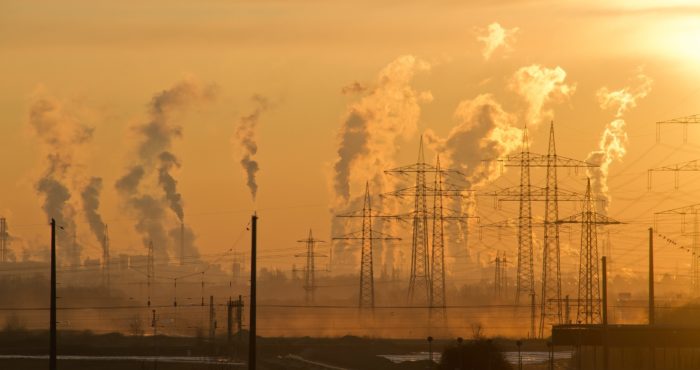The Climate Impact Lab has developed a ground-breaking approach that uses detailed historical climate data to derive actionable information about the future.
An evidence-based approach
Featured Journal Article
Read

Estimating a Social Cost of Carbon for Global Energy Consumption
Nature
This study provides a globally comprehensive, detailed understanding of the impacts and behavioral adaptations caused by energy for cooling and heating, offering critical insights for policymakers, energy systems planners, business leaders, and a range of stakeholders who are preparing to mitigate and adapt to a more unstable climate. It is a core input to the Climate Impact Lab's Data-driven Spatial Climate Impact Model (DSCIM).
Published October 13, 2021
Read
Featured Journal Article
Read

Valuing the Global Mortality Consequences of Climate Change Accounting for Adaptation Costs and Benefits
The Quarterly Journal of Economics
This paper estimates that the release of an additional ton of carbon dioxide today will cause mean damages to global mortality risk valued at $36.6 under a high emissions scenario and $17.1 under a moderate scenario, using a 2% discount rate that is justified by US Treasury rates over the last two decades. It is a core input to the Climate Impact Lab's Data-driven Spatial Climate Impact Model (DSCIM).
Published November 1, 2022
Read
Featured In the News
Why is this group updating the “social cost of carbon”?
Under the Trump administration, federal agencies are no longer required to determine the financial costs of climate change, so a group of scientists have stepped up to the plate. Marketplace reports on our project and what it can tell us…
Marketplace - July 18, 2018






